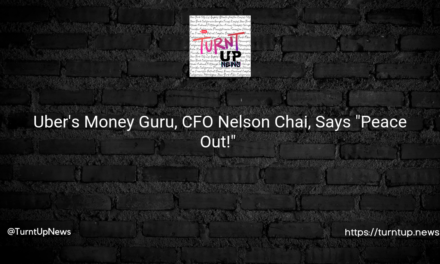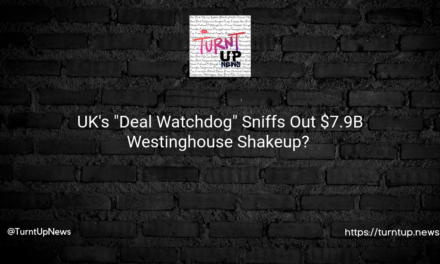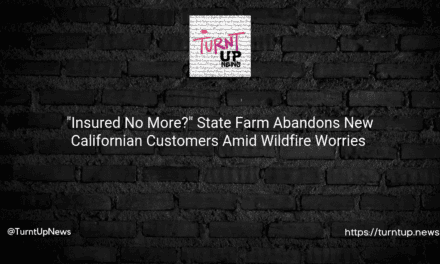🚀 Rocketing Petrol Prices: Small Biz Nightmares in Nigeria 🇳🇬 💸
TL;DR: 🥴 Ouch! Small businesses in Nigeria are hit with a one-two punch, facing sky-high petrol costs after President Bola Tinubu scrapped a fuel subsidy. The impacts are real for welders and hairstylists alike who, with grid power being unreliable, depend on petrol generators. And don’t forget everyday commuters who are considering job resignations due to rising transport costs. 🚍💰 Struggle bus, anyone?
😲🔩 Shola Ojo, a Lagos welder, isn’t exactly thrilled about the new price tag on petrol. He uses petrol power generators to run his business, but since the fuel subsidy went bye-bye on May 31, gasoline prices have soared threefold. The irony? Nigeria is Africa’s largest oil producer.
Metal doors and gates used to fetch Ojo around 80,000 naira ($173) or 75,000 naira ($162). Now, he’s forced to charge upwards of 130,000 to 150,000 naira ($280-$324) just to break even. ⬆️🚪💰 Now, you gotta ask: will customers fork over the extra cash for those metal doors or are we about to see a DIY trend explode?
In Abuja, hairstylist Tina Doofan Orjir has also had to hike prices by over 30% to cover her own costs. But like a bad hair day, clients aren’t loving the new prices. After all, 💇♀️💅 isn’t exactly a top priority when the cost of living is on the rise. With clients thinning faster than a middle-aged man’s hairline, how will Tina keep her business afloat?
And it’s not just small businesses feeling the pinch. 🚍🎒 Rejoice Chukwuneke landed a marketing gig in a financial institution recently. But with transportation costs consuming her paycheck thanks to the petrol price spike, she’s considering resigning. So, is Chukwuneke’s next job hunt going to be all about proximity rather than passion?
Meanwhile, Nigeria’s inflation rate is already brushing against a two-decade high and it’s predicted to rise even more thanks to these petrol costs. 📈 Farmers face higher costs to transport produce to markets, leading to an increase in food prices. 🥦🥕💸 It’s the ripple effect nobody asked for.
Naturally, the subsidy removal has labor unions in an uproar, but an indefinite strike was suspended after negotiations with the government. These unions aren’t just demanding a chump change raise, they’re asking for a six-fold increase in the monthly minimum wage.💪💼💰
So here’s the million-dollar question, or should we say, the million-naira question: Is the Nigerian government’s fiscal health worth this real-life struggle for small businesses, commuters, and everyday Nigerians? How does a nation strike a balance between budgetary reform and people’s livelihoods? 🤔💭





